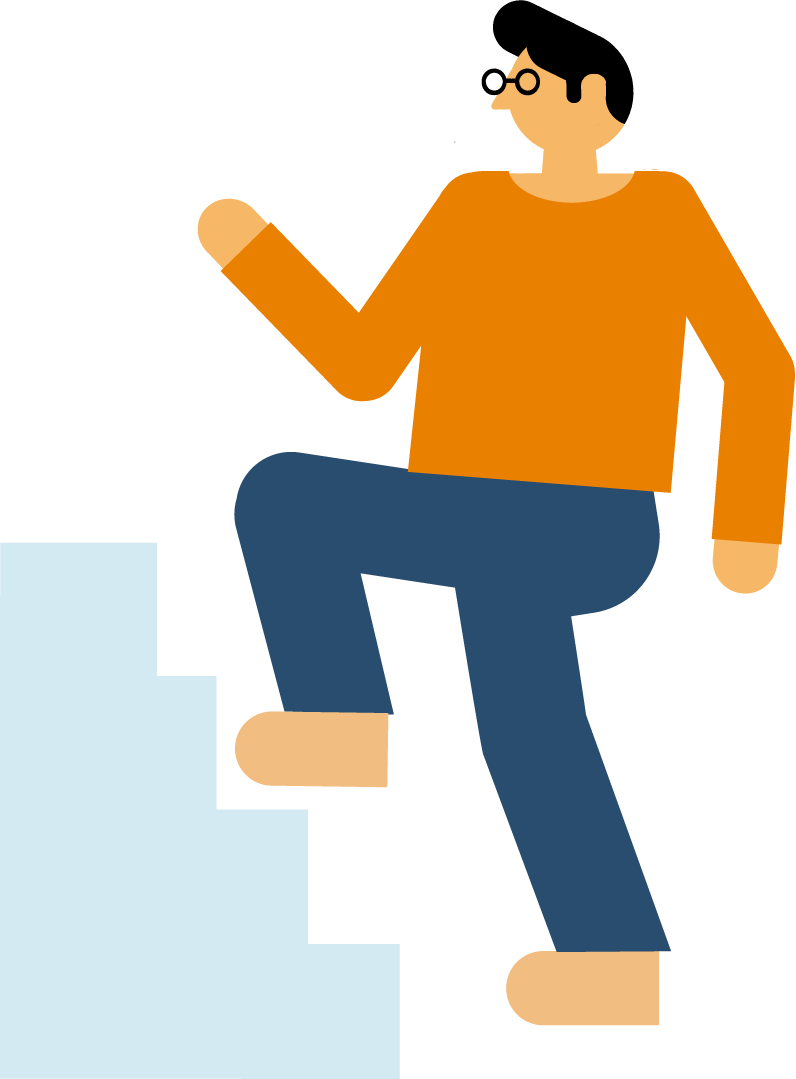Objective
Occupational health care knows the characteristics and stress factors of the work and is able to assess the connection between work and health. Co-operation with occupational health care allows planning exercise, physical activity and recovery personally or in small groups.
Co-operation in promoting employees’ exercise, physical activity and recovery pays off
In most cases, it pays off to connect the promotion of exercise, physical activity and recovery to existing occupational health co-operation processes ranging from gathering information, setting goals and implementing practices to finally assessing these. This way the promotion of exercise, physical activity and recovery will not remain separate from other activities of the workplace.
Making use of information provided by occupational health care allows targeting activities at those specific employees, who may have illnesses/symptoms due to which they either need special help with exercise or need to avoid it all together. For example, in cases of very serious burnout, heavy exercise is not recommended, especially in connection with physically taxing work. You should also aim to plan preventive measures based on the characteristics and stress factors of the work together with occupational health care. Correctly planned exercise reduces the need for regular medication and speeds up rehabilitation.
Movement is medicine
Studies show that exercise is an efficient way of preventing, treating and rehabilitation of almost all illnesses. For the working age population, exercise helps alleviate symptoms of stress and burnout, difficulties with sleep, anxiety and depression as well as musculoskeletal and circulatory disorders.
Co-operating with occupational health care allows planning measures that are as effective as possible. Exercise is good for people of all ages. The likelihood of illnesses and need for recovery increase for aging employees. The significance of the right type of exercise, physical activity and recovery is also emphasised in rehabilitation.
People of working age may benefit from targeting exercise in accordance with an illness or its symptoms. See the Movement is medicine table (pdf) for exercises appropriate for treating various illnesses and symptoms.
Supporting motivation and behavioural change
There are situations in which people need support in changing their lifestyle, such as starting exercise. One way for working with such situations is an approach based on values and approval, implemented, for example, by occupational health care, focusing on the person’s own values and the things that feel meaningful in their own life. This approach supports the client’s motivation and behavioural change. Principles and methods of this approach can be included in various occupational health care encounters.

